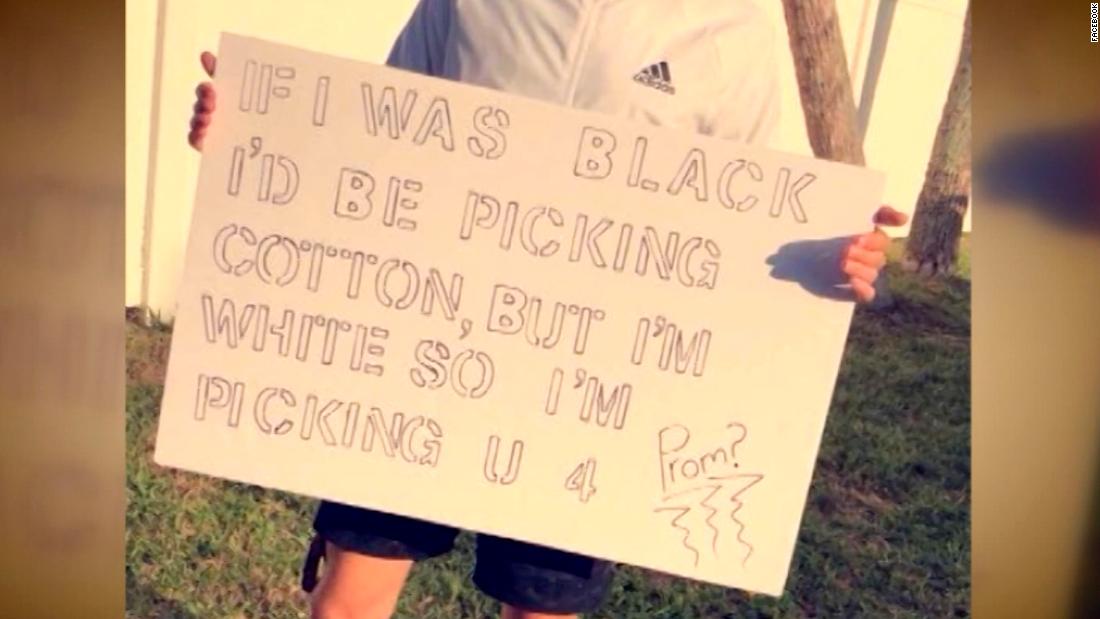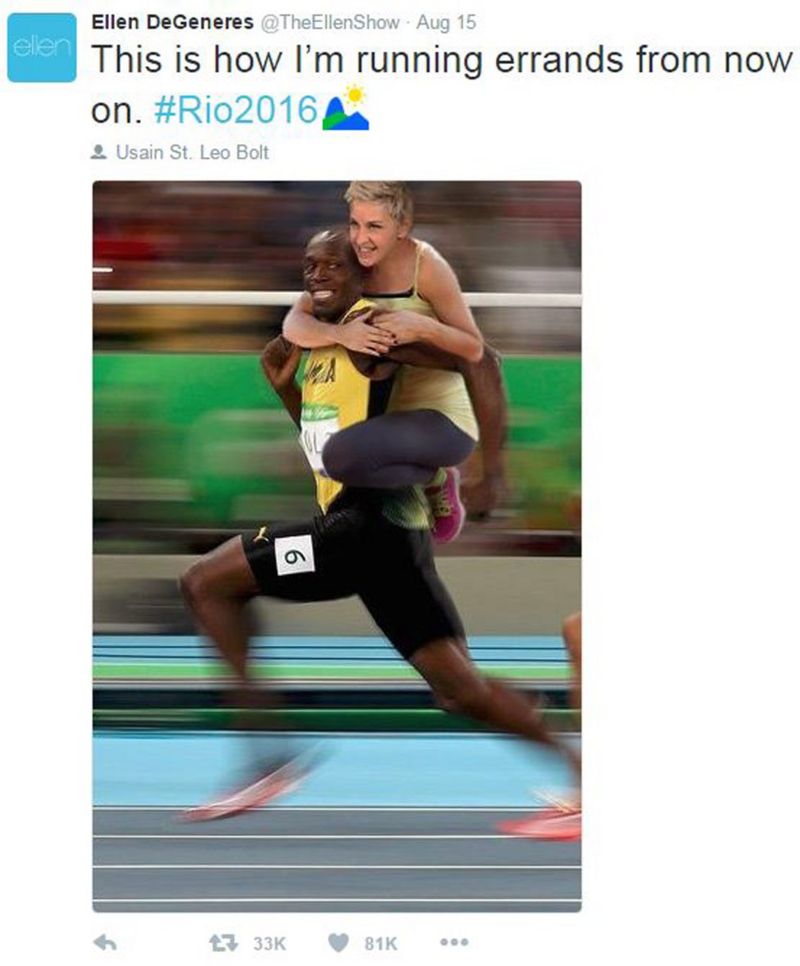Humor has always been a complex and multi-faceted aspect of human society, serving as a tool for bonding, communication, and sometimes, a means to address uncomfortable truths. Black people jokes, in particular, have a long history intertwined with cultural, social, and political narratives. These jokes often reflect deeper societal issues such as race relations, stereotypes, and identity. While humor can be a powerful way to bridge gaps and foster understanding, it also holds the potential to harm and perpetuate negative stereotypes. In this article, we will delve into the intricacies of black people jokes, examining their origins, impact, and the ongoing debate surrounding their place in modern society.
Black people jokes have been a topic of contention for many years, sparking debates about what is considered acceptable humor and what crosses the line into offensive territory. These jokes often draw from stereotypes and cultural references that can either be seen as a form of satire or as harmful perpetuations of bias. The line between humor and offense is often thin and subjective, leading to varied perceptions and reactions to these jokes. Understanding the context and intent behind black people jokes is crucial in navigating this sensitive terrain. As society becomes more aware of the nuances of race and identity, the conversation around these jokes continues to evolve.
The impact of black people jokes extends beyond mere laughter; they can influence perceptions and shape societal attitudes towards race. In an era where discussions about race and equity are at the forefront, humor that involves racial stereotypes is increasingly scrutinized. Some argue that these jokes can serve as a means of coping with and challenging racial issues, while others believe they reinforce harmful stereotypes. This duality highlights the need for a deeper understanding of the role of humor in addressing sensitive topics. By exploring the complexities of black people jokes, we aim to shed light on their cultural significance and the broader implications for society.
Read also:Beau Richards And Kelli Giddish A Romance On And Off The Screen
Table of Contents
- What Are Black People Jokes?
- The History Behind Black People Jokes
- Why Do Black People Jokes Exist?
- Are Black People Jokes Harmful?
- The Role of Intent in Humor
- Can Black People Jokes Be Empowering?
- How Do Black People Feel About These Jokes?
- The Impact of Black People Jokes on Society
- Black Comedians and Their Influence
- Is There a Place for Black People Jokes in Comedy?
- Navigating Sensitivity and Free Speech
- Alternatives To Black People Jokes
- The Future of Racial Humor
- Conclusion: Understanding and Respect
- Resources for Further Reading
What Are Black People Jokes?
Black people jokes are a genre of humor that involves jokes specifically about black individuals or culture. These jokes often rely on stereotypes or cultural references that can resonate with or offend audiences. The nature of these jokes varies widely, from light-hearted and playful to deeply controversial and offensive. Understanding what constitutes a black people joke requires an awareness of the cultural and historical context in which they exist.
The History Behind Black People Jokes
The history of black people jokes dates back to the era of minstrel shows in the 19th century, where blackface performances often included derogatory humor about black people. These shows perpetuated negative stereotypes and caricatures that have had long-lasting effects on societal perceptions of black individuals. Over time, these jokes have evolved, but their roots in racial stereotyping continue to influence their reception and impact.
Why Do Black People Jokes Exist?
The existence of black people jokes can be attributed to various factors, including cultural expression, social commentary, and the human tendency to use humor as a coping mechanism. For some, these jokes serve as a way to address and process the complexities of racial identity and experience. However, they can also perpetuate harmful stereotypes if not approached thoughtfully and respectfully.
Are Black People Jokes Harmful?
Whether black people jokes are harmful depends largely on the context and intent behind them. Jokes that rely heavily on negative stereotypes or that are delivered with malicious intent can reinforce prejudice and contribute to systemic racism. Conversely, jokes that challenge stereotypes or are used within a group as a means of solidarity can have a different impact. The harm of such jokes often lies in their potential to shape perceptions and reinforce biases.
The Role of Intent in Humor
Intent plays a crucial role in the reception of black people jokes. A joke told with the intent to mock or demean is likely to be perceived as offensive, while a joke meant to provoke thought or highlight absurdities may be seen as insightful or humorous. Understanding the comedian's intent and the audience's perception is key to gauging the appropriateness of such jokes.
Can Black People Jokes Be Empowering?
In some contexts, black people jokes can serve as a form of empowerment, allowing individuals to reclaim narratives and challenge stereotypes through humor. When used thoughtfully, these jokes can foster a sense of community and resilience, providing a platform for voices that have historically been marginalized. Empowering humor often involves subverting stereotypes and highlighting shared experiences in a way that resonates with and uplifts the community.
Read also:Top Rated Melvin Franklin For The Firehold005 Niche A Comprehensive Guide
How Do Black People Feel About These Jokes?
The perception of black people jokes among black individuals varies greatly. Some find them humorous and relatable, while others see them as offensive and harmful. Factors such as personal experience, cultural background, and the context in which the joke is told all influence individual reactions. Understanding this diversity of perspectives is essential in navigating discussions around racial humor.
The Impact of Black People Jokes on Society
The societal impact of black people jokes is multi-dimensional. On one hand, these jokes can highlight and challenge societal norms and stereotypes, prompting discussions about race and identity. On the other hand, they can perpetuate harmful stereotypes and reinforce systemic biases if not handled with care. The impact of these jokes often depends on the context in which they are told and the audience's interpretation.
Black Comedians and Their Influence
Black comedians have played a significant role in shaping the narrative around black people jokes. Figures such as Richard Pryor, Chris Rock, and Dave Chappelle have used humor to address complex racial issues and challenge stereotypes. These comedians often use their platform to provoke thought and initiate conversations about race, identity, and society. Their influence highlights the power of comedy as a tool for social change.
Is There a Place for Black People Jokes in Comedy?
The place of black people jokes in comedy is a topic of ongoing debate. While some argue that these jokes can serve as a means of addressing and challenging racial issues, others believe that they risk perpetuating stereotypes and reinforcing biases. The role of such jokes in comedy often depends on the intent behind them and the context in which they are delivered. Comedy, as an art form, has the potential to both entertain and educate, but it also carries the responsibility of being mindful of its impact.
Navigating Sensitivity and Free Speech
Navigating the balance between sensitivity and free speech is a challenge in the realm of comedy, particularly when it comes to black people jokes. Comedians must consider the potential impact of their words and the line between humor and offense. While free speech is a fundamental right, it is important to recognize the power of words and the responsibility that comes with using them. Open dialogue and mutual respect are key in fostering a comedic environment that is both inclusive and thought-provoking.
Alternatives To Black People Jokes
As society becomes more aware of the impact of racial humor, there is a growing call for alternatives to black people jokes. Comedians and audiences alike are seeking humor that challenges stereotypes and fosters understanding without relying on potentially harmful tropes. This shift towards more inclusive and thoughtful comedy reflects a broader cultural movement towards equity and respect in all forms of expression.
The Future of Racial Humor
The future of racial humor, including black people jokes, is likely to be shaped by ongoing conversations about race, identity, and social justice. As society continues to grapple with these complex issues, humor will remain a powerful tool for both reflection and change. The evolution of racial humor will depend on the willingness of comedians and audiences to engage in open dialogue, challenge preconceived notions, and embrace a more inclusive approach to comedy.
Conclusion: Understanding and Respect
In conclusion, black people jokes are a complex and multifaceted aspect of humor that reflect deeper societal issues. Understanding the history, impact, and ongoing debates surrounding these jokes is crucial in navigating the sensitive terrain of racial humor. As society continues to evolve, there is a growing recognition of the need for humor that challenges stereotypes and fosters understanding. By approaching these jokes with thoughtfulness and respect, we can create a comedic landscape that is both inclusive and enlightening.
Resources for Further Reading
- "Black Comedy: The African American Comedic Tradition" by Bambi Haggins
- "The Comedians: Drunks, Thieves, Scoundrels, and the History of American Comedy" by Kliph Nesteroff
- "Laughing Fit to Kill: Black Humor in the Fictions of Slavery" by Glenda R. Carpio
- "Humor in Contemporary Native North America" by Eva Gruber
- "Racial Parody and the Politics of Identity: The Case of Dave Chappelle" by Bret McCabe

